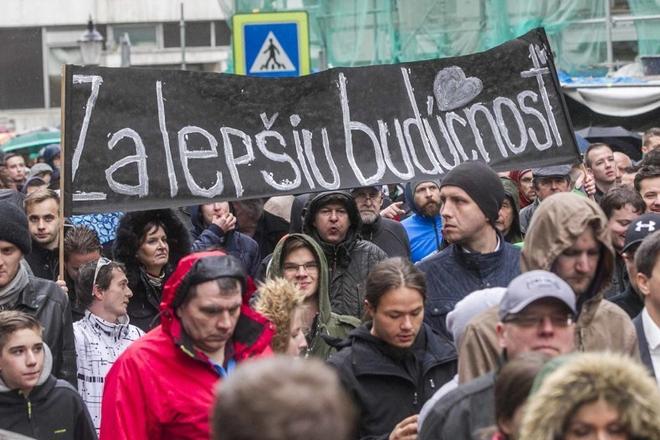Slovakia has made some progress in meeting the European Commission’s recommendations, according to the EC’s latest Report on Slovakia. Brussels perceives some progress in several policies, such as increasing the cost-effectiveness of the health-care system, improvements in activation measures for disadvantaged groups, improvements in employment opportunities for women, and reducing administrative and regulatory barriers for doing business, the SITA newswire wrote. However, the Commission also records areas where Slovakia has made no or only minimal progress.
Spheres still lagging behind or stagnating
The EC notes only a slight improvement in improving the quality of education, increasing Roma participation in education, boosting competition, and transparency in public procurement, as well as improving the efficiency of the judicial system. In the latest report released on March 7, the Commission identified among the biggest structural challenges in Slovakia the continued fight against tax evasion. Despite growing budget revenues, there is still a wide gap in collected value-added tax. However, Brussels notes that further measures to combat tax evasion are coming this year, SITA wrote.
Brussels also notes the increased tax benefits for research and development, but, on the other hand, a low amount of real estate taxes on total tax revenue. The report states as well that a revision of expenditures in different budget chapters appears to be a powerful tool to boost efficiency in public spending. Brussels draws Slovakia's attention to continued long-term challenges in the pension and health-care system, despite the reforms that have already been implemented.
Corruption is the worst factor
The worst sphere is the fight against corruption where no progress has been made, according to the report.
“So far, we can see that there’s no change in the perception of corruption among people, while the real physical capacity of the Special Prosecutor’s Office to deal with corruption cases has decreased although the number under criminal prosecution has declined,” Ladislav Miko, head of the European Commission’s Representation to Slovakia, told the TASR newswire. This leads to the assessment that there’s been no visible progress. We’ll see whether the measures adopted by the Government will have any effect on next year’s assessment,” he added.
The European Commission (EC) is concerned about the level of dependence that the head of police and police inspections have on the Interior Minister Robert Kaliňák, according to the report. It wants to see improvement in the protection afforded to those who report corruption. Conversely, it perceives positively the involvement of non-governmental organisations in monitoring corruption.
The findings in the EC report are confirmed by a Eurobarometer survey which shows that the perception of corruption in some areas in Slovakia is exceptionally high, TASR wrote. These include, for example, corruption related to the health-care sector, the police, the courts, the prosecutor’s office and education sector. The perception of corruption in politics is high in all EU countries.
The Report on Slovakia is an independent analytical document describing the state of the country in several areas. Based on the report and meetings with representatives of the country, the EC will publish its recommendations for the due member state in May.



 2017 was marked, among other events, by anti-corruption protests. (source: Petit Press - Tibor Somogyi)
2017 was marked, among other events, by anti-corruption protests. (source: Petit Press - Tibor Somogyi)